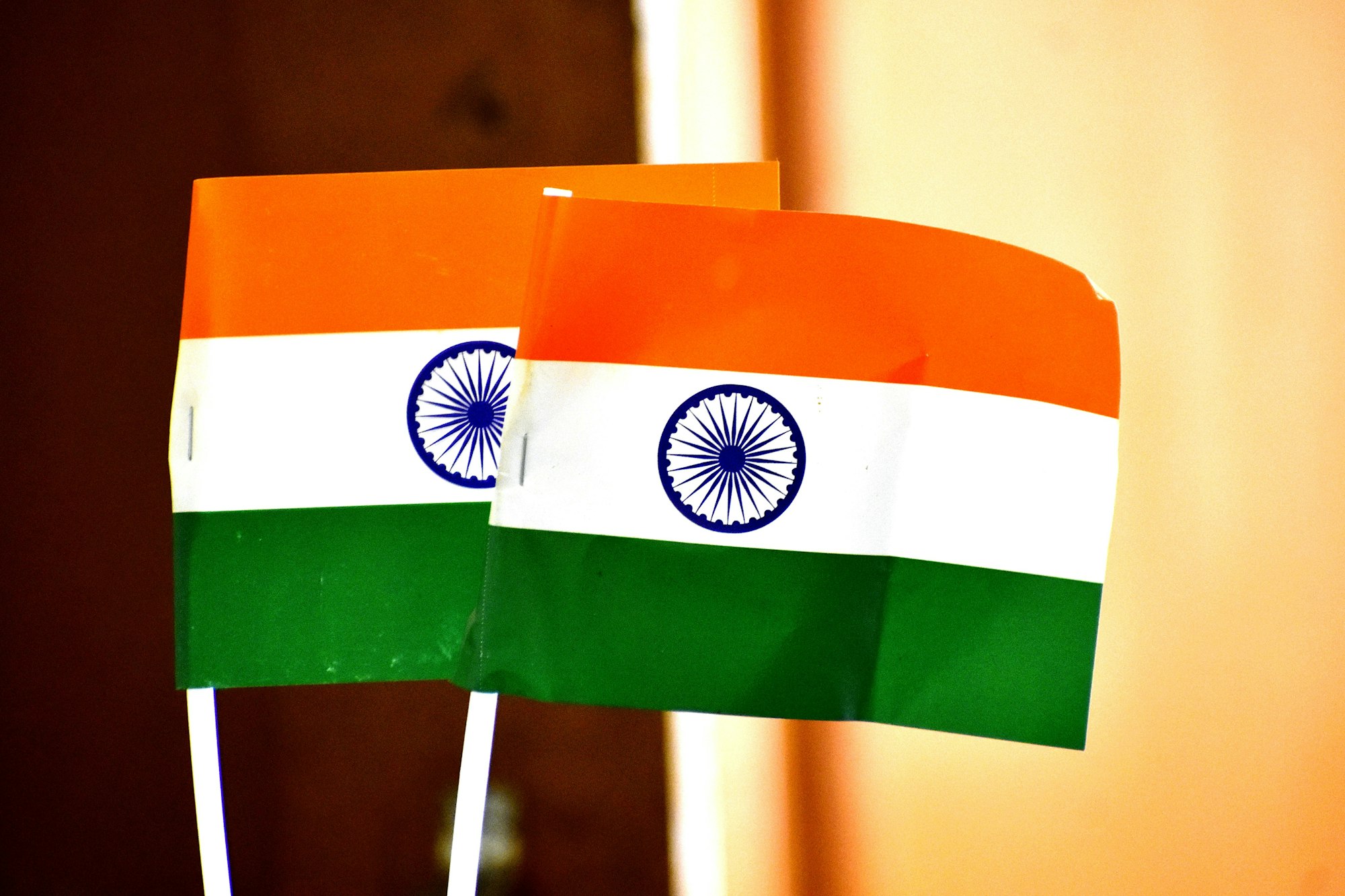What’s the Citizenship (Amendment) Act All About?
In 2019, India made a big change to how people can become Indian citizens. They passed a law called the Citizenship (Amendment) Act. This law says that people from Afghanistan, Bangladesh, and Pakistan can get Indian citizenship more easily, but there’s a catch: it doesn’t apply if you’re Muslim. The idea is to help people from religious minorities who have been treated badly in those countries, like Hindus, Sikhs, Buddhists, Jains, Parsis, and Christians.

Why Are People Upset or Happy About It?
The Government’s Side
The Indian government, especially the Home Minister Amit Shah, is all for this law. They say it’s about keeping a promise to help religious minorities who need it, doing something good for them that should have been done a long time ago.
Not Everyone Agrees
However, a lot of people don’t like this law. They say it’s unfair because it leaves out Muslims, and that goes against India’s principle of treating everyone the same, no matter their religion. Around 200 million Muslims live in India, and critics of the law feel they’re being left out on purpose. This has led to big protests and a lot of arguments, with people saying this law could harm India’s tradition of being a place where different religions live together peacefully.
What Does This Mean for India?
More Hindu Nationalism
Since Prime Minister Narendra Modi and his party, the BJP, came into power, there’s been a big push for Hindu nationalism. This means they’re promoting Hindu culture and religion in a way that some people feel threatens India’s foundation as a secular (non-religious) and democratic country. This has led to more trouble for religious minorities and less freedom for people to say what they think if it’s against the government.
Other Controversies
There have been other big controversies, like tearing down mosques and building a Hindu temple on a site that both Hindus and Muslims claimed. These kinds of actions make the religious tension in India even worse and show how the government is favoring Hindus over other religions.
This article breaks down India’s Citizenship (Amendment) Act, the debate around it, and its impact on India’s democracy and secular identity. We’re looking into why this law is so controversial and how it fits into larger trends in Indian politics.

Frequently Asked Questions (FAQs)
1. What is the Citizenship (Amendment) Act (CAA)?
The CAA is a law passed by the Indian government in 2019 that makes it easier for immigrants from Afghanistan, Bangladesh, and Pakistan who are not Muslims to become Indian citizens. It specifically aims to help Hindus, Sikhs, Buddhists, Jains, Parsis, and Christians who have faced religious persecution in their home countries.
2. Why doesn’t the CAA include Muslims?
The Indian government states that the CAA is designed to protect religious minorities who have faced persecution in Afghanistan, Bangladesh, and Pakistan, where Islam is the majority religion. Therefore, it argues that Muslims from these countries are not included because they are not considered religious minorities there.
3. How have people reacted to the CAA?
The reaction to the CAA has been mixed. Supporters argue it’s a necessary step to protect persecuted minorities. However, there has been significant opposition, with critics arguing that it discriminates against Muslims and violates the secular principles of India’s constitution. This has led to widespread protests and debates across the country.
4. What does the CAA mean for India’s secular identity?
Critics of the CAA argue that by excluding Muslims, the law undermines India’s secular identity, which is based on the equal treatment of all religions by the state. They believe this move signals a shift towards a more religiously partisan policy, which could have lasting impacts on the country’s secular fabric.
5. How does the CAA fit into the broader context of Hindu nationalism?
The CAA is seen by many as part of a larger trend of rising Hindu nationalism under Prime Minister Narendra Modi and the BJP. This movement prioritizes Hindu religious and cultural identity at the national level, and critics argue that it has led to increased marginalization of religious minorities and challenges to India’s democratic and secular foundations.
Sources CNN



Hi, I do think this is an excellent web site.
I stumbledupon it 😉 I’m going to come back yet again since i have book marked it.
Money and freedom is the best way to change, may you be rich and continue to help
others.